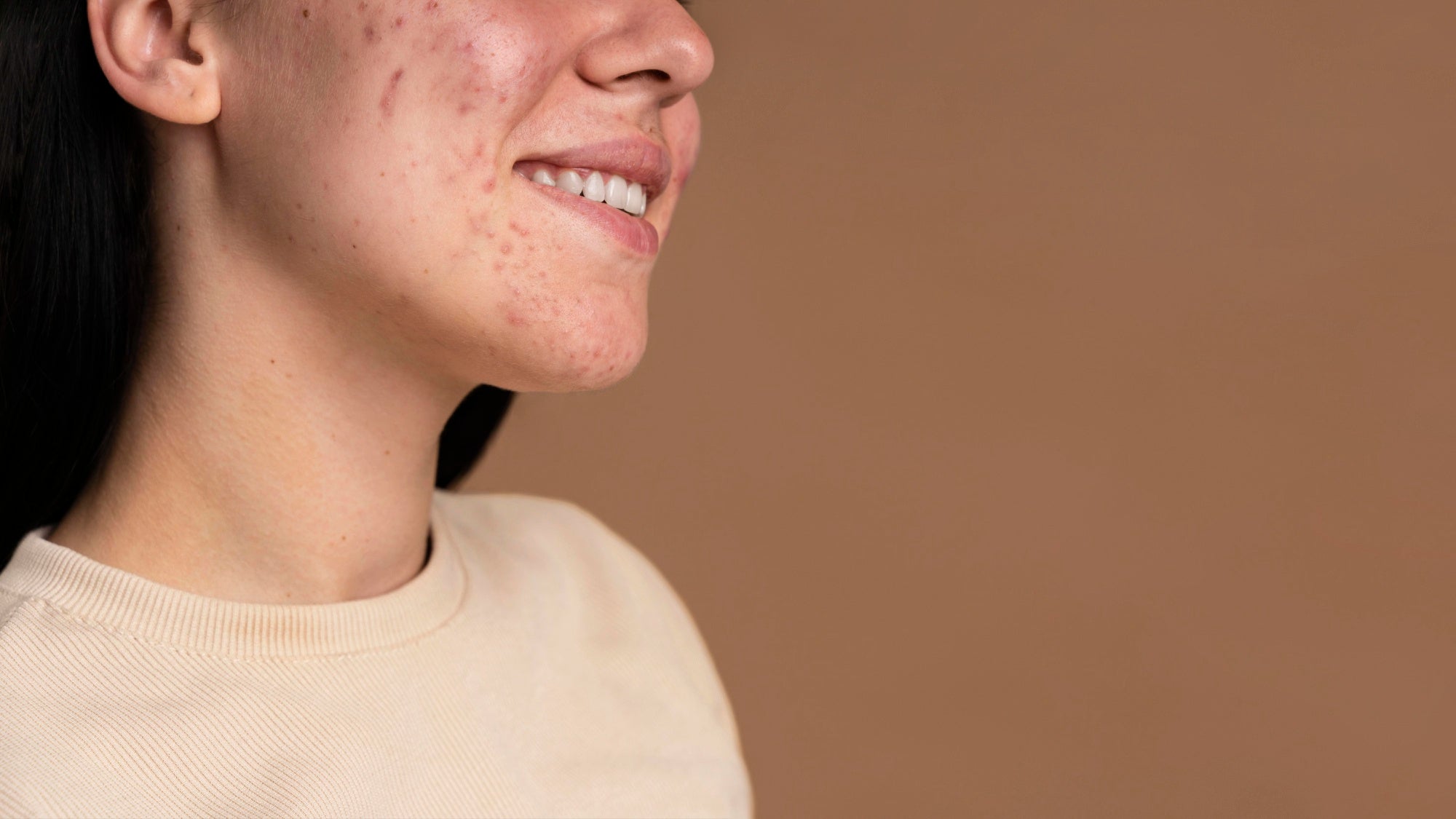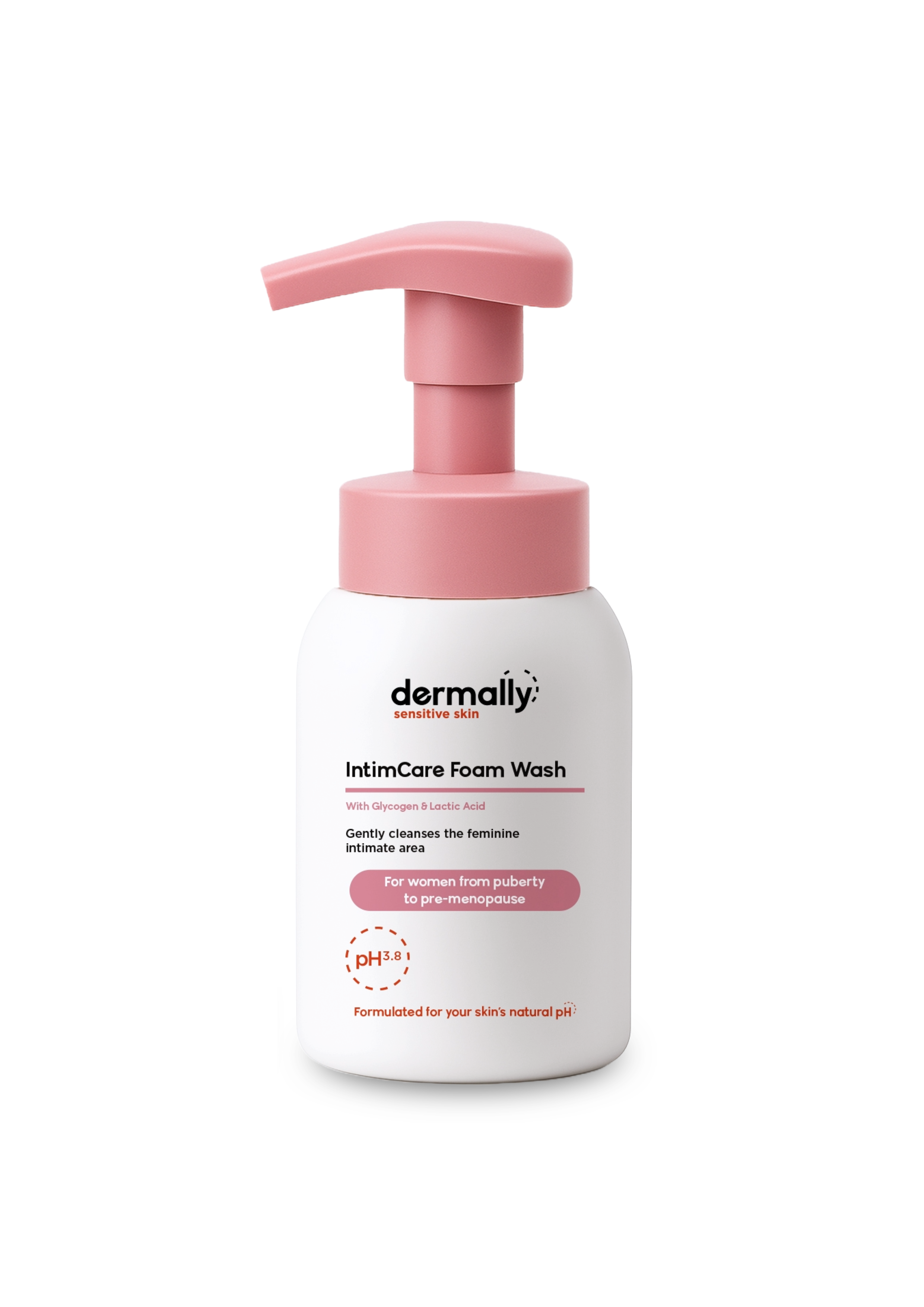Acne and Stress: A Vicious Cycle
Ever noticed your skin breaking out right before a big exam, work deadline, or after days of poor sleep? You’re not imagining it.
Stress doesn't just take a toll on your mental health, it can show up on your skin too. We believe that acne isn't merely a pore issue, they’re often a reflection of what’s going on inside. Let’s break down how stress affects your skin and what you can do to calm both your skin and your system.
How Stress Triggers Acne
When stress hits, your body activates its fight-or-flight mode, flooding your system with cortisol. This surge doesn’t just affect your mood, it can also trigger inflammation, disrupting your skin’s natural balance.
This increase in cortisol can:
-
Boost oil (sebum) production
More oil = higher chances of clogged pores = more breakouts. -
Weaken skin barrier function
When your skin barrier is compromised, it becomes more reactive, inflamed, and prone to irritation or acne flare-ups. -
Inflamed acne
Stress doesn’t just cause new pimples, it can also worsen the ones you already have. -
Disrupt gut-skin connection
Chronic stress can mess with your digestion and gut health, which has a knock-on effect on skin clarity.
Breaking the Cycle: How to Manage Acne Linked to Stress
1. Cleanse With Care
Start with a gentle, acne-focused cleanser that doesn’t strip your skin.
Formulated with calming ingredients and acne-fighting actives, it helps cleanse away excess oil and impurities without irritating sensitive or acne-prone skin. It’s also safe for both face and body, perfect for chest and back breakouts.
 Try: Dermally Acne Face & Body Wash
Try: Dermally Acne Face & Body Wash
2. Strengthen Your Skin Barrier
Your skin's natural defenses work most effectively when its protective barrier is strong and intact.
When your skin feels dry, sensitive, or irritated from stress or treatments, this non-comedogenic lotion helps soothe, protect, and lock in hydration.
Try: Dermally Intensive Barrier Lotion
3. Practice De-Stressing Habits:
- Get 7 to 9 hours of sleep
- Take short breaks during work
- Try journaling, deep breathing, or stretching
- Reduce screen time whenever you can
- Don’t skip meals (blood sugar spikes can also impact breakouts)
4. Be Gentle With Yourself
When you're already feeling overwhelmed, it's easy to fixate on every new blemish or imperfection in the mirror. Acne might make you feel frustrated or insecure in the moment, but this temporary condition says nothing about who you are as a person and your worth.
Breakouts are common, temporary, and often out of your control, especially when stress and hormones are involved. Healing takes time, and progress isn’t always linear.
Your skin thrives on kindness, not punishment. Treat it with hydration, proper rest, and the space to recover with patience. Most importantly, be kind to yourself, you’re doing the best you can, and your skin is trying too.
Final Thoughts:
Healing Goes Beyond Skin Deep
Stress-related acne is more than just a surface concern, it’s a sign of your body asking for balance. While the right skincare routine can help soothe breakouts, true healing starts from within. Small, mindful changes such as prioritizing sleep, staying hydrated, and carving out moments to breathe can make a profound difference.
Gentle reminder that your skin isn’t the enemy, it’s a reflection of your overall well-being. Treat it with patience, nourish it with care, and trust that resilience grows from kindness, both to your skin and yourself.









